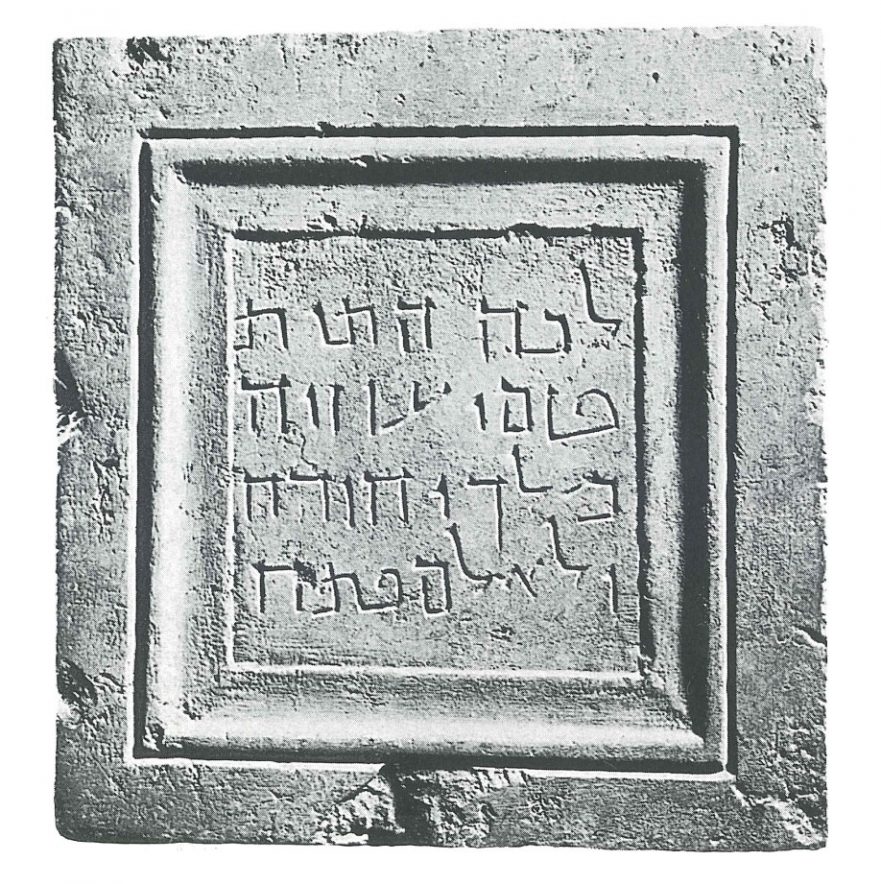…
Article Series: Character Profiles
Sketches of important personalities in history, religion and New Testament studies.
Perspective on the Caiaphas Tomb

At the end of December 1990, one of the most significant New Testament-related archaeological discoveries ever made came to light in Jerusalem. Park construction workers accidentally exposed a Second Temple-period tomb, which archaeologist Zvi Greenhut of the Israel Antiquities Authority was called to excavate. Some of the ossuaries found in the tomb were inscribed with the name “Caiaphas,” and it soon became clear that this was a tomb belonging to the Caiaphas family.
Discovery of the Caiaphas Family Tomb

Many archaeological finds in Israel result from the chance uncovering of various ancient remains during the course of construction work. Some of these fortuitous discoveries prove to be of tremendous importance for understanding the history and archaeology of the land of Israel.
Character Profile: …To Bury Caiaphas, Not to Praise Him

At the end of December, 1990, one of the most significant New Testament-related archaeological discoveries ever made came to light in Jerusalem: the tomb of Caiaphas, high priest in Jerusalem at the time of Jesus’ death. Some of the ossuaries found in the tomb were inscribed with the name “Caiaphas,” the most magnificently decorated of them was inscribed with the name “Joseph bar Caiaphas.”
Ossuary Inscriptions from the Caiaphas Tomb
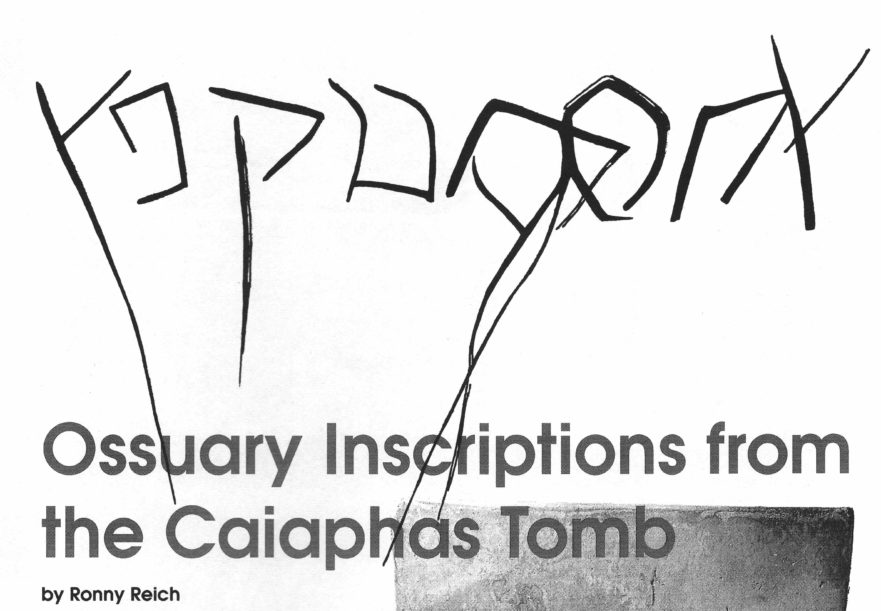
The ossuary inscriptions found in the Caiaphas tomb point to the fact that the name Caiaphas in its Aramaic version was in daily use in the middle of the first century C.E.
Sidebar: Robert Lindsey According to Prof. Flusser

Here are some of Flusser’s remarks from his published works about Lindsey’s contribution to synoptic studies.
Pursuing Righteousness

A reconstruction can only be adopted by a theologian or a historian. A Bible translator must translate what the text of Scripture actually says.
Perspective on Robert L. Lindsey

In the spring of 1991 Jerusalem Perspective devoted its 32nd issue to the work of Dr. Lindsey.
Book Review: Robert Lindsey’s A Comparative Greek Concordance of the Synoptic Gospels
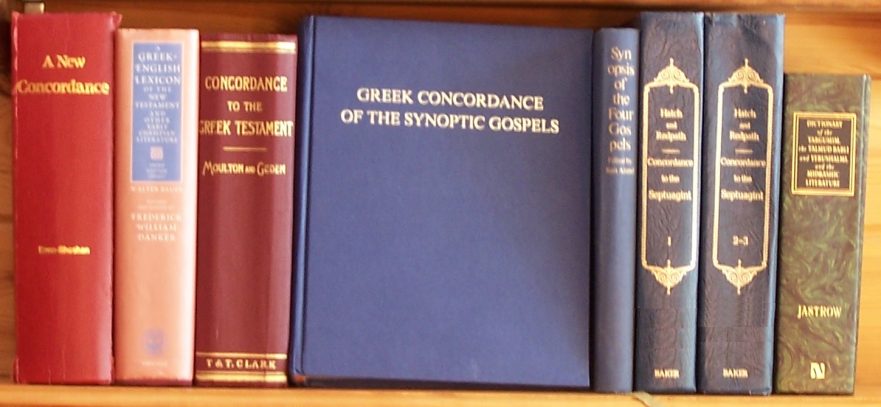
With the publication of the third and final volume of A Comparative Greek Concordance of the Synoptic Gospels, Dr. Robert Lindsey has given to the scholars who have been following his work, as well as to future scholarship, a necessary tool for the study of the synoptic Gospels.
Book Review: Robert L. Lindsey’s Jesus, Rabbi and Lord

There are many unique proposals in this book which deserve serious consideration.
A New Solution to the Synoptic Problem
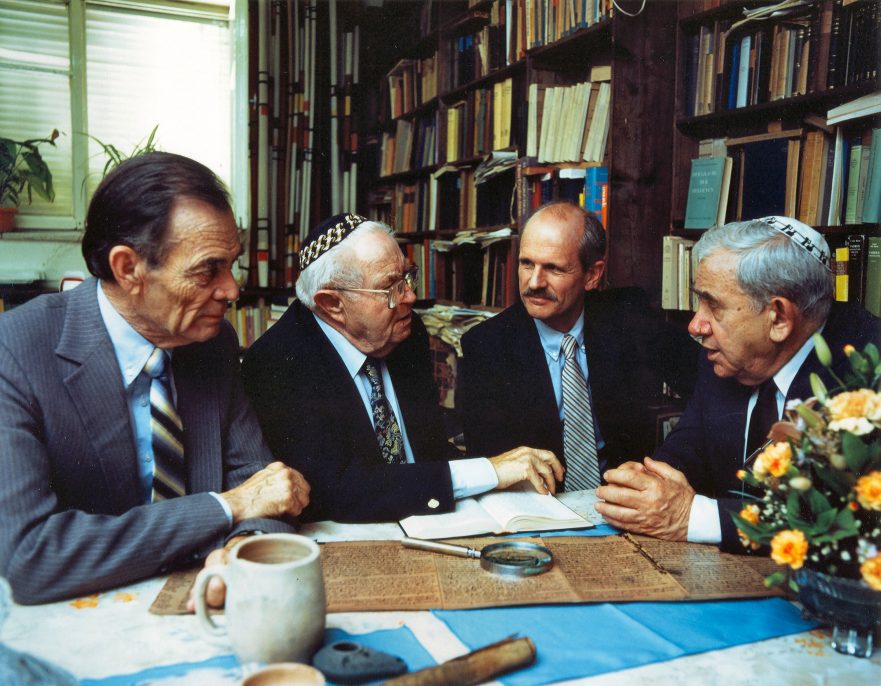
The many similarities among the Synoptic Gospels suggest a literary interdependence.
Robert L. Lindsey’s The Jesus Sources

In the winter of 1982–1983, Robert Lindsey delivered a series of lectures in Jerusalem. These lectures were recorded and transcribed by Walli Callaway, edited by James Burnham and published as The Lindsey Lectures. Lindsey reedited the lectures in the spring of 1990, adding new material, and they were published that summer as The Jesus Sources.
The Divine Name in the Hebrew New Testament

God has a personal name: YHVH. Like Semitic names in general, it was intended to reflect something of the bearer’s character. YHVH is related to the root h-v-h, “to be”, and reflects God’s eternity and timelessness.
Literary Languages in the Time of Jesus
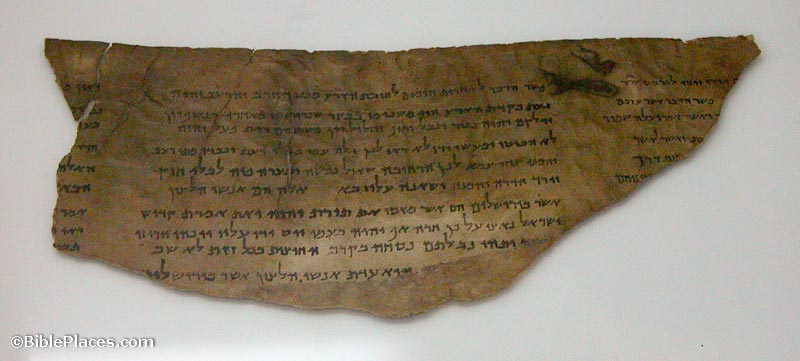
Not only was Hebrew the most prevalent spoken language in the land of Israel during the first century, it was also the language in which most literary works were written.
“And” or “But”—So What?
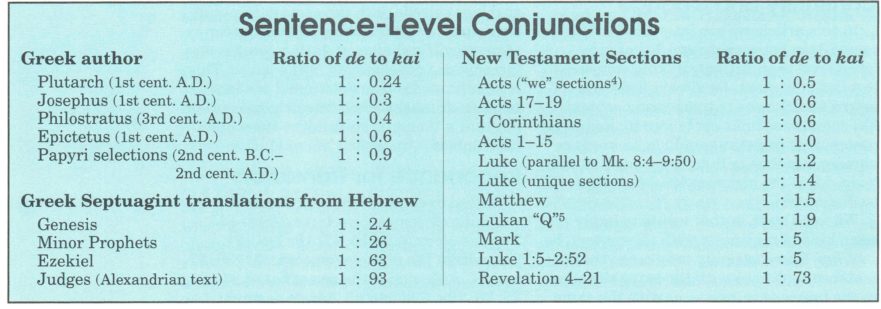
Writings that were originally composed in Greek tend to have a higher ratio of de to kai than writings that have been influenced by a Semitic language.
What Is the Priest Doing? Common Sense and Culture

Common sense is connected to cultural expectations. What is understandable in one culture may be opaque in another.

